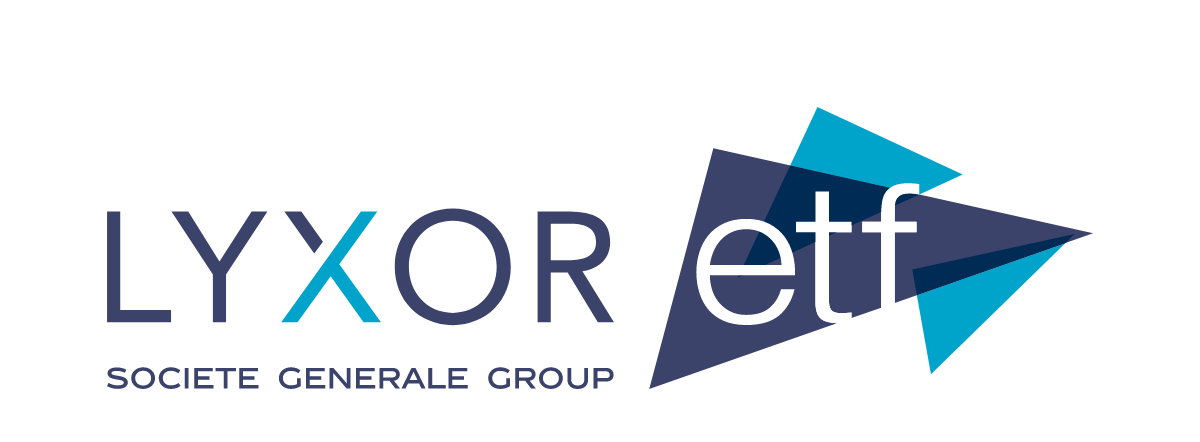Investors are being told to continue avoiding getting caught up in swings in sentiment in the New Year after what has been a heavily geopolitically influenced 2019.
Trade tensions, Brexit, late-cycle market dynamics and US elections are going to be key events to follow closely as we head into 2020 but what will this mean for investments?
State Street Global Advisors expects the global economic recovery to continue next year but if momentum is to sustain then it will have to avoid substantial risks caused by the previously mentioned key events.
Similarly to 2018 and 2019, it is forecasted 2020 will see the global economy expand despite late-cycle fears. The quality of outcome for investors will depend on their decision-making abilities during geopolitical tensions and lingering policy uncertainty.
Regionally, State Street believes the US will see its economic outperformance continue but the margin ahead of other regions will likely shrink. Europe could suffer from cyclical and structural problems but we could see improvements in the second half of 2020.
However, Lyxor sees the global manufacturing contraction bottoming out next year. This would firm up the growth for Germany and Italy which have been weak performing in the eurozone economy in 2019.
Performance within emerging markets will be significantly variable but could be a big contributor to global growth if all regions can succeed.
Focusing on asset classes, equities will warrant an overweight, according to State Street, but defensive exposure due to stretched valuations mixed with persistent trade risks could lead to bouts of volatility.
Fixed income analysts predict that the low and negative interest rates may be a structural condition for the foreseeable future. While the rates have been the lowest in Europe and Japan, outside of these regions, rates have been trading at a premium which is falling.
One risk State Street believes is the greatest risks in investment portfolios for the next year is climate change. It poses a systemic risk to financial markets as they attempt to digest the climate’s impact on economic growth.
European ETF industry reviwe 2019
While it is an important factor to consider, there is potential that a one-year outlook may not capture it fully. Investors needing to digest vast amounts of potentially stranded fossil-fuel assets is becoming an increasingly urgent concern as regulatory pressure mounts.
Prior to the general election in the UK, which the Conservative party won by a significant margin meaning Boris Johnson remained as Prime Minister, Lyxor predicted this result and said it limits the probability of a hard Brexit which would be a better result for the UK.
Elsewhere, the US is likely to suffer as a result of the upcoming presidential elections following the impeachment of President Donald Trump.
Jeanne Asseraf-Bitton, global head of market research at Lyxor, commented: “The valuation gap between European and US equities could shrink as a result of the region’s respective policy mixes, with a vanishing hard Brexit and the US election far from being a done deal.”
Brexit leaves wealth managers divided
WidomTree’s director and commodity strategist, Nitesh Shah, says the company’s outlook for 2020 is hinged on whether the US and China reach a trade deal or not. The failure of such could result in the global economy sliding into a recession which is already in its infancy. It is likely, however, to be drawn out until closer to the election to go in President Trump’s favour but this is beginning to test the patience of China.





